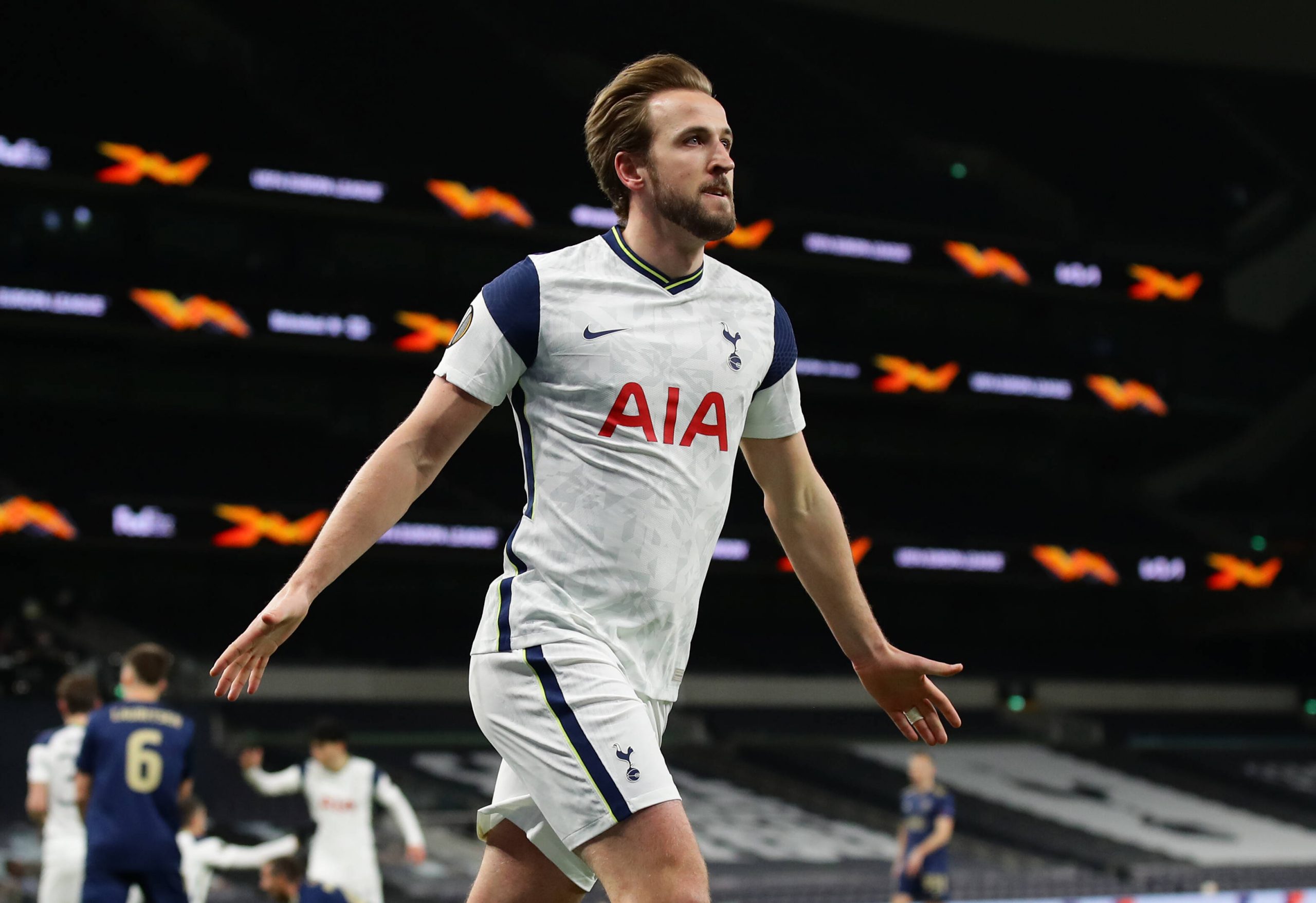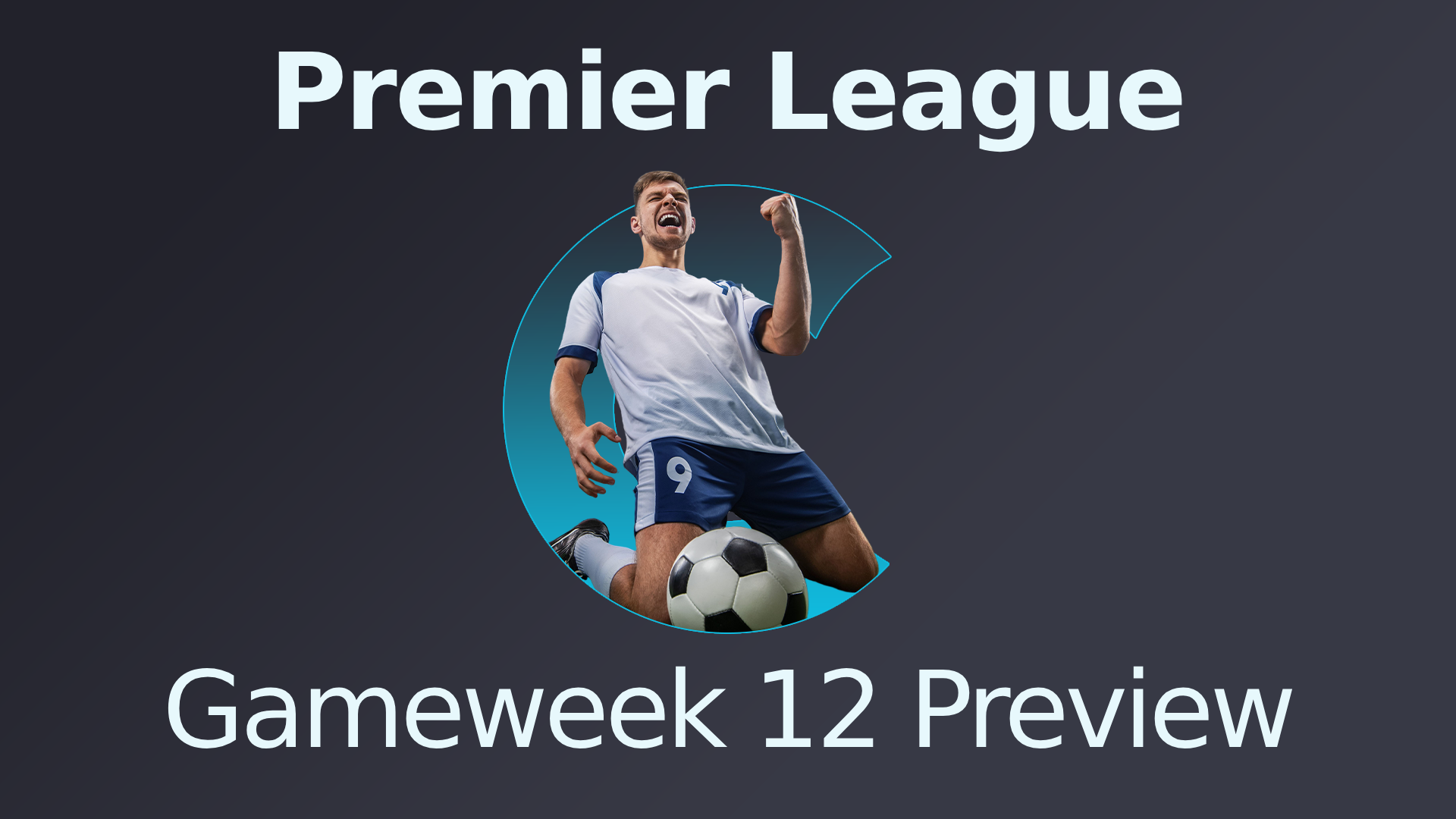It’s easy to forget just how vital Luis Suarez was to Liverpool, particularly during their 2013/14 season that so nearly led to a Premier League title.
The Uruguayan smashed home 31 league goals that season from 33 appearances and only one player made more assists in the top-flight, his teammate Steven Gerrard. In May, as the Reds rounded off their second-highest points haul in 25 years, the renowned data analysts Bloomberg determined that Suarez was Europe’s most influential footballer.
That is not to say that Liverpool did not possess other talents, of course. There was Philippe Coutinho, a magician on his day, while in Gerrard they had a leader with real stature. That season too brought the very best out of Daniel Sturridge. It was from Suarez though, where Liverpool’s brilliance lay. He was their inspiration, a class above. He was their talisman.
That summer Barcelona swooped for a colossal £65 million and how Liverpool dealt with this seismic loss is a lesson Tottenham Hotspur can learn from as they – potentially – face a similar quandary in the weeks ahead. Presently, Manchester City are making overtures to sign Harry Kane for a British record-breaking fee and by all accounts, the reigning champions may be successful in their pursuit.
Should a complicated and extremely expensive deal be concluded it would deprive Spurs of a forward who has elevated them to the rarefied heights of a Champions League final, not to mention regular top-six finishes since first establishing himself as a goal-scoring phenomenon way back in 2014/15. In 334 appearances in a Spurs shirt, he has scored a remarkable 220 goals, a ratio that staggers as much for its consistency as its prolificacy. Across six seasons Kane’s lowest league tally has been 17, despite suffering more than most from injury. If Suarez was Liverpool’s everything for a couple of years, Kane has been Tottenham’s totem for an era.
Harry Kane turns 28 today 🥳
His 2020-21 season was absolutely incredible 👏 pic.twitter.com/2lNUJhYBFV
— ESPN UK (@ESPNUK) July 28, 2021
Yet it is not just goals, and lots of them, that defines his extraordinary tenure in North London. Kane makes teammates better, inspiring via excellence and application. He is England’s captain thus projecting an incalculable prestige onto Spurs’ frontline. Having reputedly grown up a Tottenham fan he is one of their own and that also greatly matters.
Journalist Nathan Clark from The Extra Inch Podcast, which discusses Tottenham matters from a tactical perspective, acknowledges how catastrophic the sale of Kane will be but defiantly sees an upside.
“It’s emotionally devastating for your club to lose its talisman player – and by some distance best player – but the tactical, financial, squad building implications aren’t quite so harsh.
There’s absolutely no way for Spurs to replace Harry Kane’s impact with a single player. But by smartly re-investing throughout the squad what would have to be an enormous fee for a highly injury-prone player turning 28, Spurs can come out best.”
Nathan’s words are pertinent because they directly feed into Liverpool’s coping strategy when they were handsomely robbed of their own star player back in 2014. They recognized that Suarez was essentially irreplaceable so did not attempt to parlay the £65 million onto an individual superstar. Instead, they re-invested in their squad, bringing in eight new players during a hectic transfer window. They just missed out on the ‘smartly’ bit, that’s all.
Rickie Lambert, Mario Balotelli and Divock Origi arrived for a combined £30 million and all failed to ignite at Anfield for numerous reasons and to varying degrees. With Alberto Moreno, Dejan Lovren, Emre Can, and Lazar Markovic also disappointing from the off, only Adam Lallana, their costliest purchase, can be deemed in hindsight a success. This was not a squad strengthening exercise but a collective devaluation. Liverpool finished 10th that season with Brendan Rodgers dismissed the following autumn.
Ten years ago today ⏪
Balotelli went full Balotelli 😳pic.twitter.com/T95ViDJmKI
— Goal (@goal) July 24, 2021
Ironically, the Merseysiders would have seen a textbook example in how not to handle the sale of a talisman when Tottenham got it all wrong a year earlier. Having relinquished Gareth Bale for the eye-watering sum of £85 million, Spurs went on an ill-judged spending spree bringing in seven new recruits. Former player and pundit Garth Crooks insisted at the time that the club had ‘sold Elvis and bought the Beatles’ but in reality – as the Daily Mail had it several years later – they were more like S Club 7 with Roberto Soldado, Vlad Chiriches, Nacer Chadli, Etienne Capoue, and Paulinho all flopping badly while the jury remained out on Erik Lamela until he was sold last week.
So why, you may wonder, if Tottenham have themselves previously floundered under the weight of needing to compensate for a pivotal player, is their ill-fated summer of 2013 not focused on here. Why is Liverpool being held up, for doing similar twelve months later? It’s because of what the Reds did next.
Heading in a different direction under incoming boss Jurgen Klopp, Liverpool refined their transfer strategy, tailoring their targets to directly fit the team’s approach that was now designed around an assembly of attacking threats rather than relying on singular mastery. Across three transfer windows Roberto Firmino, Sadio Mane and Mo Salah were purchased and just a few seasons after being so reliant on Luis Suarez conjuring up other-worldly moments, Liverpool were now in a situation where if one of their stars had an off-day that was okay because the other two would wreak havoc.
This is not to suggest that Spurs should simply go out and source three younger versions of Firmino, Mane and Salah because that would clearly be ludicrous. Similarly, there is no suggestion that a league title may be heading to the capital anytime soon if Tottenham sell Harry Kane to Manchester City.
Rather, it is the simple proposal that astute and patient recruitment can sometimes result in a club no longer being dependent on a ‘best player’ and be all the stronger for that. And £120 million, or in the region of, can go a long way to funding that aim.
#MCFC willing to spend £120m on disillusioned Harry Kane with wages agreed
✍️ @CrossyDailyStarhttps://t.co/QkYwXZVgwS pic.twitter.com/eYCWjQIxle
— Daily Star Sport (@DailyStar_Sport) July 23, 2021
Sean Walsh is a writer and editor for 90min and, like Nathan, would prefer to see the considerable fee for Kane used to upgrade the team instead of attempting the impossible and going like-for-like.
“Tottenham are no longer the top-four locks that they were under Mauricio Pochettino. Harry Kane has had to shoulder a lot more of the attacking burden, pretty much splitting responsibilities with Son Heung-min in order to carry the load. But Spurs’ over-reliance on Kane is why he won both the golden boot and playmaker award last season, and even if they had the pull of a truly elite club, they’d do very well to find a replacement worth half his on-pitch value.”
Harry Kane was directly involved in 54.4% of his team’s league goals last term and while that speaks very highly of the player it is hardly encouraging for Tottenham to be so reliant on a single player’s input. If they use the sale money wisely, and learn from their past mistakes – as Liverpool did – then the North London giants will ultimately be all the better for it.







